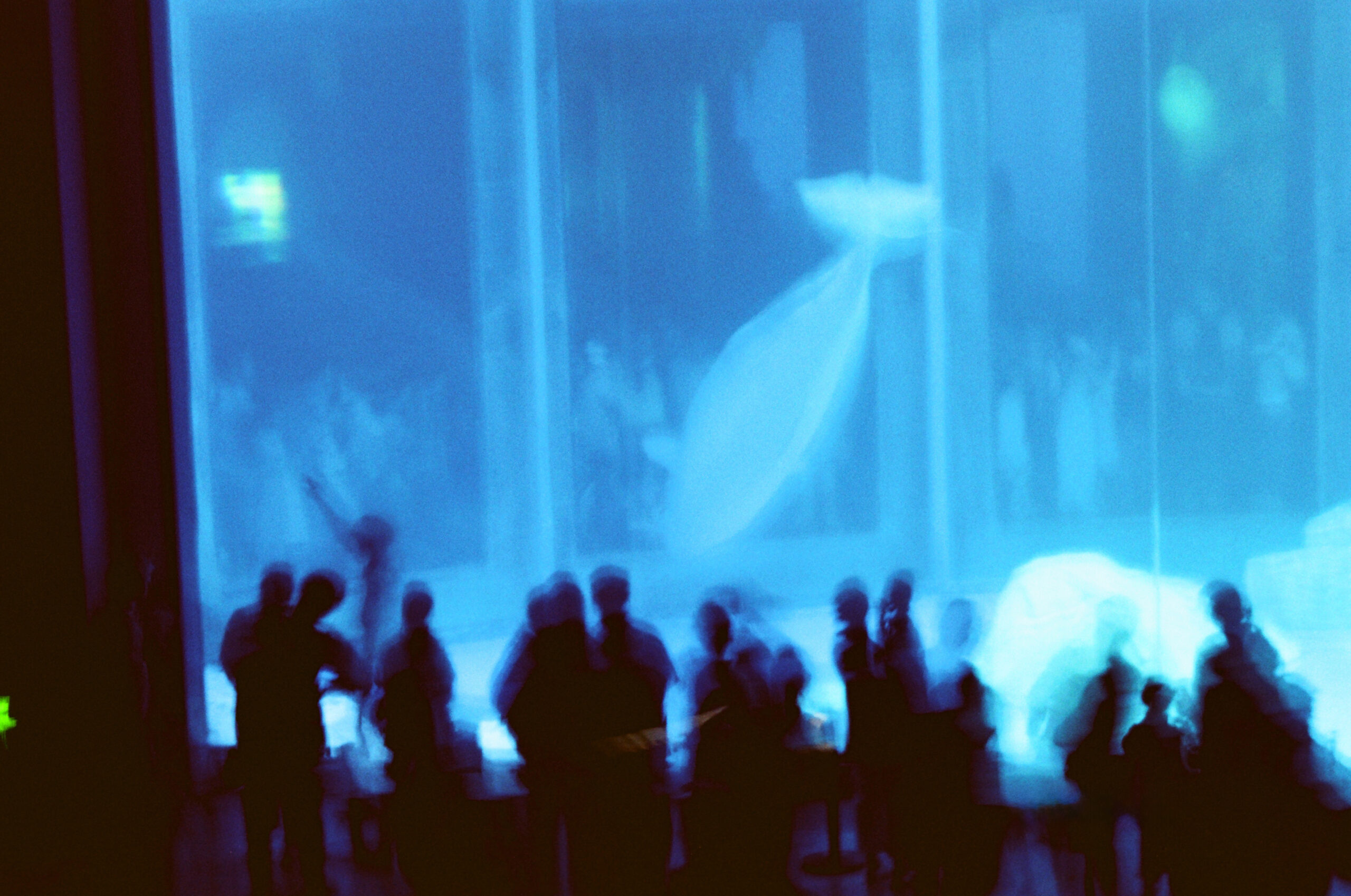You cut my back by accident,
swinging your sword-branch in wild circles,
fending off the invisible ogres
invading the overgrown, emerald grass.
When you saw my indigo t-shirt darken,
you cried. I cried because you were crying,
and when Mom pressed the wipe
into soft split skin, I winced because you did.
We shared a pink bicycle, an illustrated Bible,
pastel crew socks, bedtimes, muffins,
a made-up language of English and Arabic
that dwindled the further we got in school.
We argued over TV shows: Scooby-Doo or Rugrats,
the best kind of chocolate, the best Roald Dahl,
our inheritance: Dad’s knack for storytelling, yours;
Mom’s somber thoughtfulness would become mine.
We didn’t know fate was genetic then,
so we argued to tears, to scratches, to laughter.
Our childhood was covered in thin Band-aids
that we wore like badges of fortitude,
the emblems of vigorous sisterly love.
Now a warm, dreamy haze has covered the scars
and I remember the little you kindly, though
I guess even memory is violence.
Memory cracked our bones and stretched our limbs
until we were strangers, grown and incongruous.
Memory hacked off the white-noise weeks
and the weary peace of tiring dog days,
so all that remains is intensity.
Memory scraped hidden meaning away,
willfully mistranslating our souls,
making us light, making us liars.
Memory cut off our flesh,
raising our skeletons to the forefront
like living dead, silent zombies;
because we lacked the words to say
the difficult things in English,
we hungered for the mother tongue
without ever knowing it’s what we both craved.
Like memory, language was a battlefield
and we settled on the truce of a grudge.
In that way, memory was also betrayal
but it looked so true and lifelike
glowing there in adulthood’s twilight
that I thought its ephemeral body was yours
but young again, but mine again.
Suzi Peter is a Sudanese-American poet from Knoxville, Tennessee. Some of her other work has appeared in Short Vine and The Mockingbird. When she’s not writing, she enjoys running, taking long walks, watching films, and, of course, reading.



 Beluga
Beluga